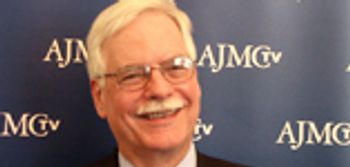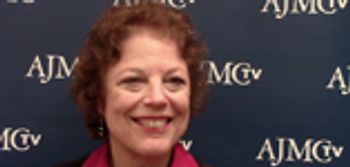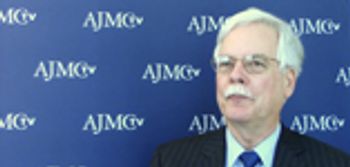Friday's session of the National Comprehensive Cancer Network's 19th Annual Conference: Advancing the Standard of Cancer Care, featured a well-attended roundtable, The Affordable Care Act: Where Are We Now? Moderated by Clifford Goodman, PhD, of The Lewin Group, the wide-ranging discussion featured panelists Christian G. Downs, JD, MHA, Association of Community Cancer Centers; Liz Fowler, PhD, JD, Johnson & Johnson; Michael Kolodziej, MD, Aetna; Lee H. Newcomer, MD, MHA, UnitedHealthcare; Mohammed S. Ogaily, MD, Henry Ford Health System; W. Thomas Purcell, MD, MBA, University of Colorado Cancer Center; and John C. Winkelmann, MD, Councillor, American Society of Hematology, Oncology Hematology Care, Inc.















